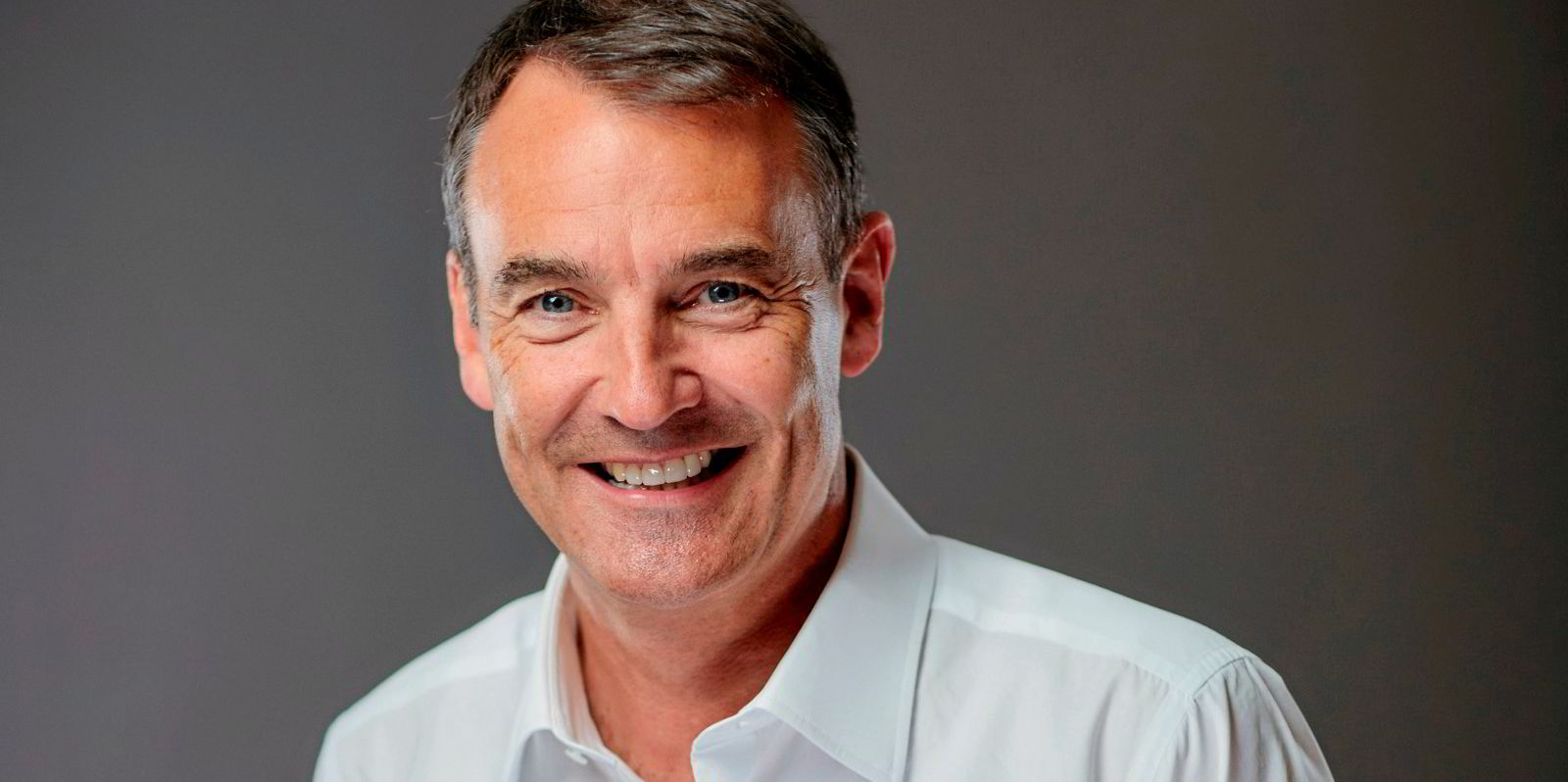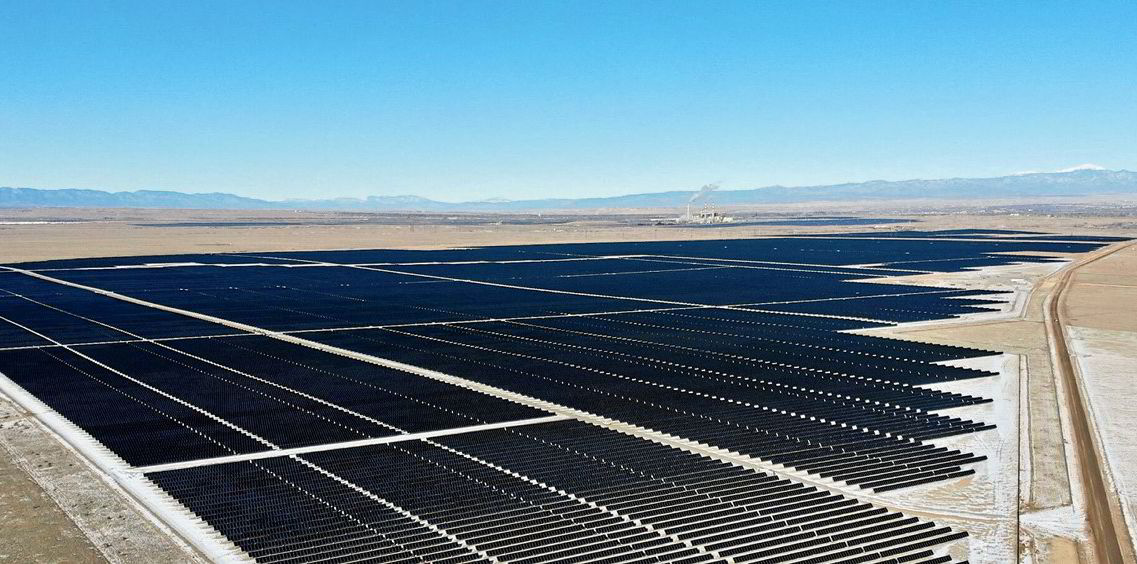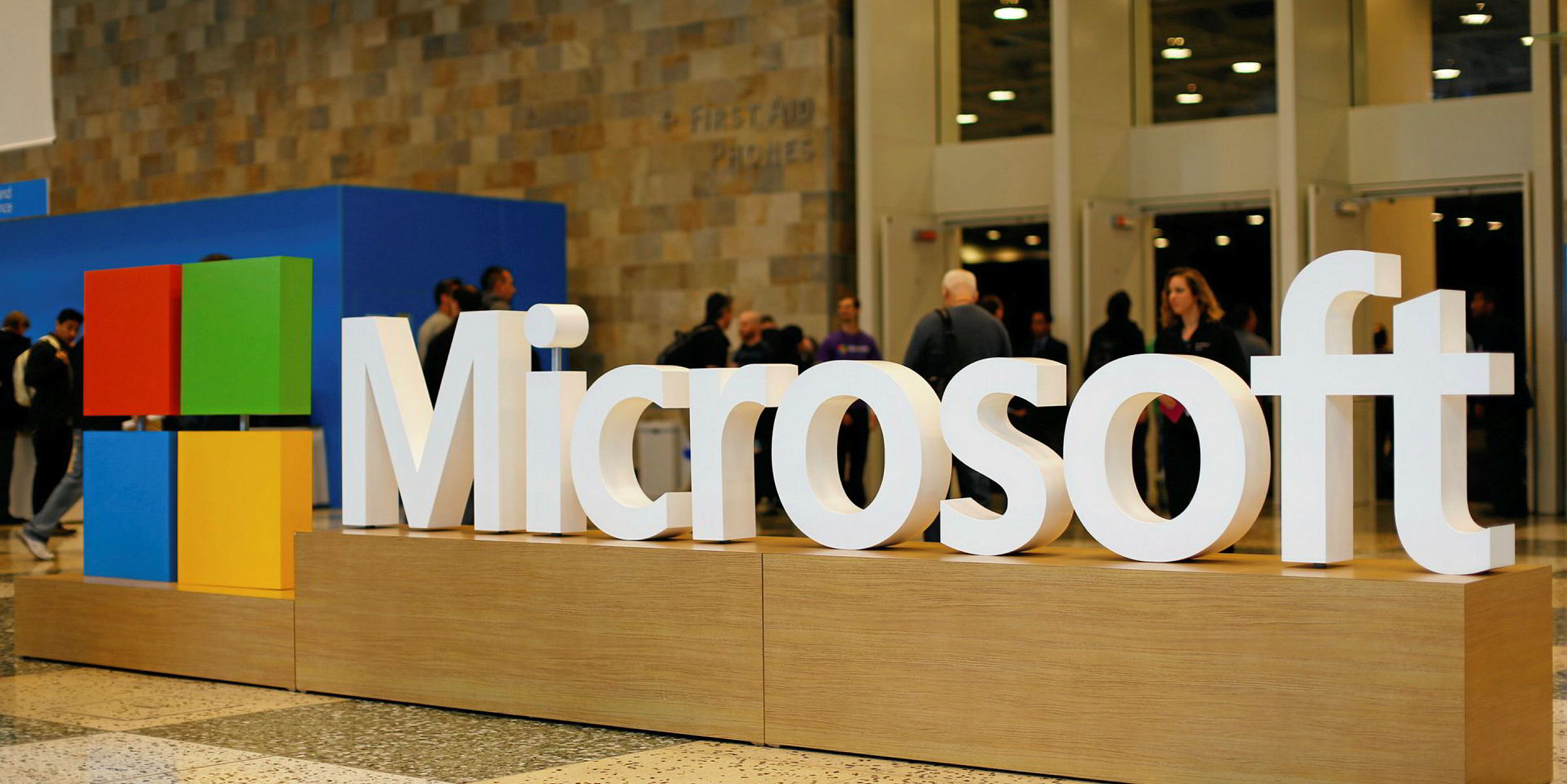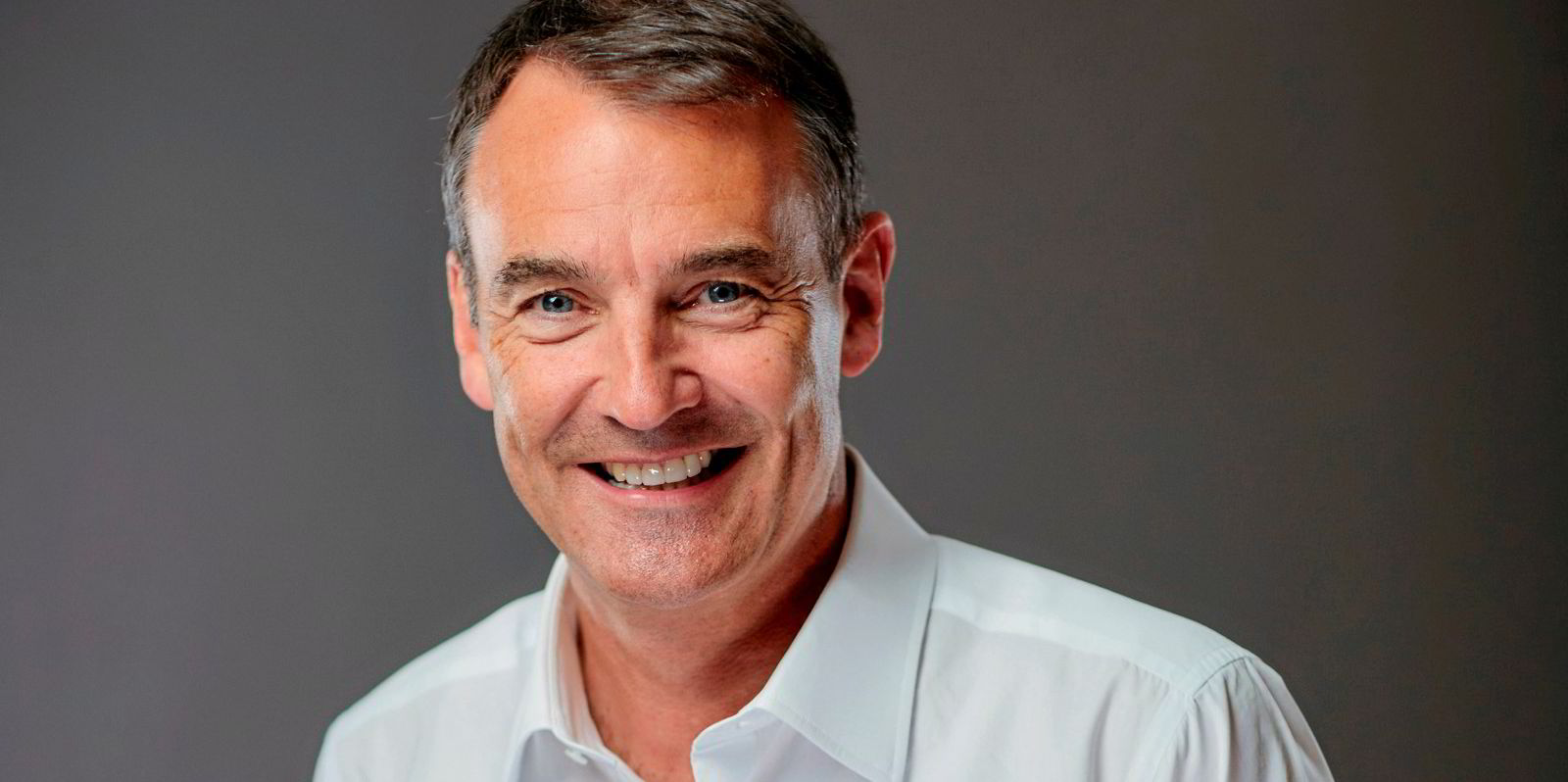BP will supply renewable power to Microsoft data centres as part of a new partnership between the oil and tech giants designed to advance the green agendas of both.
The deal includes multiple countries and regions, including the US, Europe and Latin America.
Microsoft is pursuing a 100% renewable energy goal by 2025, while earlier this year BP announced its ambition to become a net-zero emissions company by 2050 or sooner.
By the end of the decade, BP aims to have developed 50GW of net renewable generating capacity — a 20-fold increase on the current level — increased annual low carbon investment 10-fold to around $5bn and cut oil and gas production by 40%.
Providing green power for data centres is a growing market for renewable energy operators, with the likes of Google, Facebook and Amazon among the others to sign deals with plant operators.
The supply agreement is part of a wider deal by the companies to work together to develop new technology innovations and digital solutions that will support their sustainability aims, including reducing energy use and carbon emissions.
Microsoft pledged this year to be carbon negative by 2030 and to remove more carbon from the environment than it has emitted since its founding by 2050.
Push for innovation
The duo signed a memorandum of understanding (MoU) to combine Microsoft’s digital expertise with BP’s understanding of the energy market.
Initially, the partnership will focus on Microsoft’s ‘Smart Cities’ initiative and BP’s ‘Clean Cities’ vision, looking to identify areas to help cities achieve their sustainability goals.
The companies will also work on the co-development of innovative, clean energy parks with an ecosystem of low carbon technologies such as carbon capture, utilisation and storage (CCUS) to prevent or reduce emissions.
Another area of focus will be the industrial internet of things (IoT) solutions — which aims to deliver an “intelligent edge” of capabilities to BP production and operations facilities — while also exploring ways to harness the power of data-driven, personalised, actionable insights to empower energy consumers to manage their home energy use and reduce carbon emissions.
This article first appeared in Recharge's sister title Upstream




